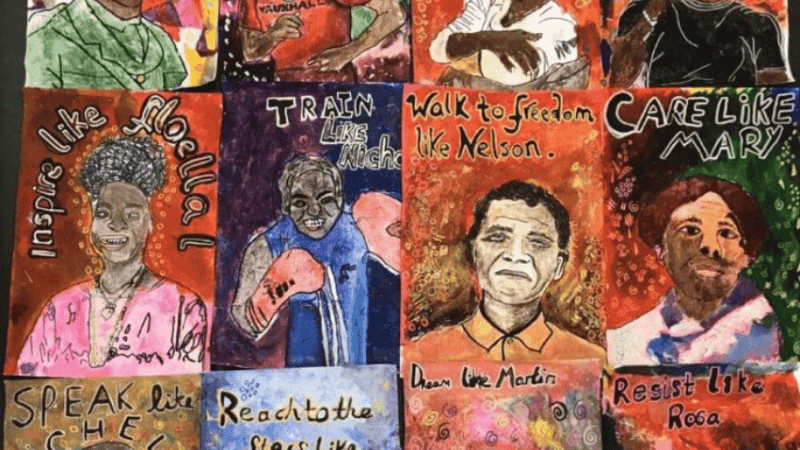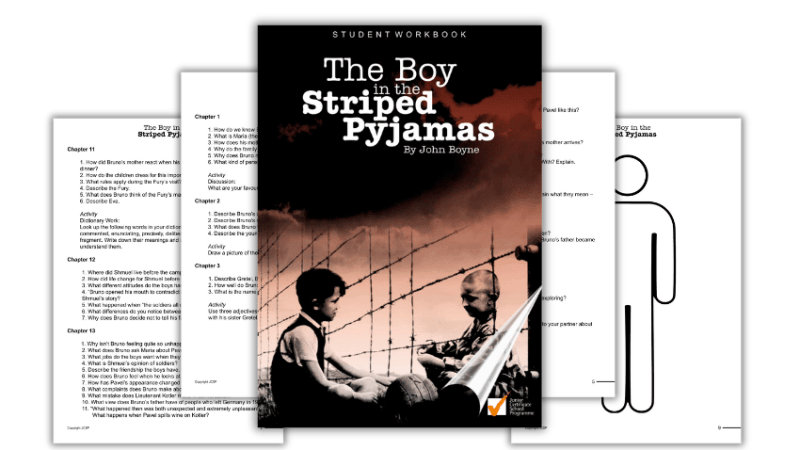History National Curriculum – What should we teach and why?
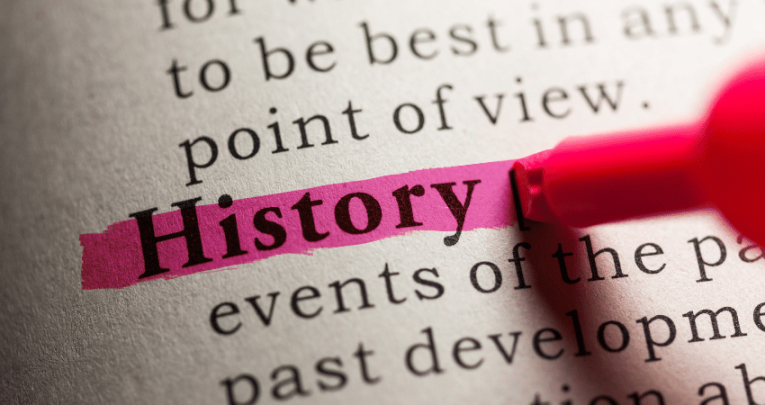
With the National Curriculum set to undergo extensive reform, now is the ideal time to extend the history offered at secondary school – and have students study the subject for longer…
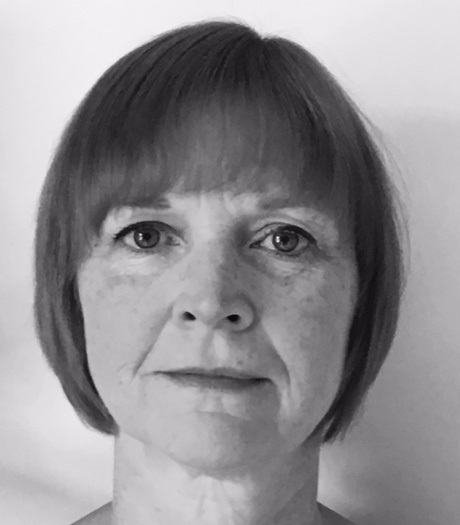
- by Louise Burton
- History teacher and participant in the Academy of Ideas Education Forum
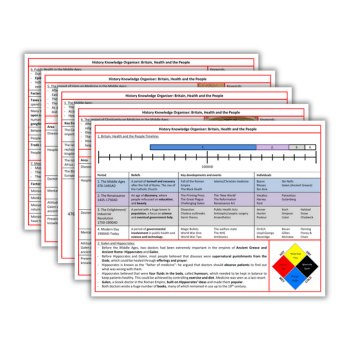
We can trace the current history national curriculum back to a 2011 Ofsted report on history teaching in England. This was commissioned by the Conservative-Liberal coalition government.
‘History for all’ report
This ‘History for all’ report highlighted some serious issues. The fact that history was mostly being taught in primary schools by non-specialists, it argued, meant that, “An increasing number of students are taught by a specialist history teacher for no more than two or three of their 11 years of compulsory education.”
This wasn’t helped by many secondary schools only teaching history at KS3 for three years – or even as little as two. This was so that students could spend three years on their GCSE courses. This potentially resulted in some giving up history at the age of 13.
It remains the case that history is typically an optional subject when students take their post-KS3 options. This brings many students’ formal study of history to an end once they’ve turned 13 or 14.
- What’s the issue?
The teaching of history has changed considerably over the past decade, though it’s still the case that all students would benefit from receiving more than three hours of history instruction per fortnight, as many do at present.
- What’s being said?
Ahead of what’s billed as a far-reaching review of the National Curriculum by the Labour government, a number of voices are now pressing for course content – in history and elsewhere – to have a greater emphasis on contemporary relevance, in contrast to the current teaching of a more UK-centric history presented in some quarters as ‘jingoistic’.
- What’s really happening?
While there is some common agreement around the need for better teaching of critical thinking skills, a renewed focus on contemporary concerns and perspectives risks undoing the progress made in making the history curriculum more knowledge-rich.
- The takeaway
Students need to be taught history for longer. The subject is too important to be dropped at the age of 13-14, if we want young adults to possess a certain level of knowledge and understanding of the society in which they live.
What’s the current state of play?
As it stands, pupils in most English schools study history for around three hours per fortnight. A chronological understanding of England’s last major set of curriculum reforms, which were led by Michael Gove and took effect in schools from 2015, were criticised by many as ‘list-like’, and even ‘jingoistic’, with their emphasis on British history.
They did, however, set out a programme of study, followed to this day, that is chronological in approach. It covers four broad periods of British history.
Within each area, teachers can decide what to teach and in how much depth. There’s also scope for wider world studies and some local history.
Personally, I’ve found that this emphasis on developing a chronological understanding of history has resulted in less focus on ‘skills-based’ approaches and the associated obsessions with source analysis and interpretation. It’s reduced those long periods of time spent on one enquiry.
Over the last ten years, there’s been a growing focus on curriculum content, and demands on teachers to develop coherent curriculum plans with substantive knowledge at their core.
The introduction of a ‘200-year rule’ as part of the 2015 reforms broadened the range of historical periods studied by pupils. (A number of history teachers will maintain, however, that this came at the expense of loading the curriculum with too much content).
On the whole, there’s been an increase in the range of topics studied. This now regularly spans medieval, early modern and modern, with more appropriate short-depth studies and longer-term development studies. The government acknowledged that teachers have brought their subjects alive with ‘knowledge-rich teaching’.
We can see this in Ofsted’s latest subject report for history. It notes how “The trend towards erosion of history as a distinct subject appears to have been reversed.”
Criticisms of the history National Curriculum
More recently, however, there have been criticisms of the existing approach. For example, a 2024 OCR review led by former education secretary, Charles Clarke, stated that “What is learned needs to be focused far more on the world as it now, is and is going to be, than on the past.”
Another talking point to have emerged ahead of the national curriculum review is a perceived need for more teaching around critical thinking.
The riots that took place across 27 British towns and cities during summer 2024, following the stabbing of three young girls in Southport, underlined for many the importance of educating the public, and particularly young people, in how to detect disinformation.
In an interview with the Telegraph following the riots, Bridget Philipson claimed that, “It’s more important than ever that we give young people the knowledge and skills to be able to challenge what they see online.”
Campaigning organisation The Media and Information Literacy Alliance subsequently welcomed these words as “A real prospect for media and information literacy to be properly built into the future school curriculum.’
Charles Clarke would presumably agree, given his argument in the OCR review that the school curriculum “Should be more about enabling young people to develop the skills and confidence to meet the challenges which they will face in the future, than simply acquiring the canons of knowledge which have been built up over centuries.”
Value judgements
The historian and philosopher Hannah Arendt once asserted that we must separate children from public, political life as they are not yet adults.
Trending
Doing so doesn’t have to mean ignoring what’s going on in the world. Rather, it requires teachers to make value judgements and select those forms of knowledge that will enable children to become part of the adult world.
A curriculum based around contemporary employability or life skills will diminish what young people are capable of learning and understanding, thus narrowing their educational experience.
A rich history national curriculum – one requiring engagement with the struggles and issues of the past – is among the best ways of addressing modern concerns regarding young people’s political engagement and suggestibility.
In a recent lesson on Elizabethan England, we asked our Y8 students to consider how far this era could be considered a ‘Golden Age’ for England.
This required them to know about:
- Drake’s circumnavigation
- the Renaissance in England
- the Religious Settlement
- the Poor Laws
- religious plots against Elizabeth I
By learning about these topics (acquiring substantive knowledge), students could then discuss their own interpretations of Elizabethan England and how these may have changed over time (disciplinary knowledge).
There then followed some good debates over who benefited from her reign and why some groups rebelled against her. There was also a better understanding of the changing relationships between monarch, parliament and the Church.
This was no ‘Gradgrindian’ approach to absorbing facts. Indeed, history should be for all students – and for at least until they are on the brink of adulthood.
Historical consciousness
Charles Clarke’s comments around the value of historical knowledge and other spheres of academic knowledge seem to be part of a worrying trend.
In my view, the government would do well to extend compulsory history teaching in schools up to 16. It should ensure that we teach all students about the history of the place they inhabit – in our case, Britain.
Without that, how can young people have a sense of what it means to be British?
This doesn’t have to preclude learning about the wider world or Britain’s international impact – nor indeed the role that migration has played in the creation of British society.
But Britain is a place with a particular history, and a specific set of institutions and traditions. This knowledge has to be the foundation upon which our students build their engagement with the contemporary world.
Writing in Tes back in 2006, history teacher Christine Counsell observed that, “The historical consciousness of these children matters, because they are human beings. History teaches us the meaning of human-ness. These pupils too can experience the awe and humility that a disciplined, stretching study of the past confers.”
I hope the government agrees.
Louise Burton is a history teacher in Buckinghamshire and a member of the Academy of Ideas Education Forum.








